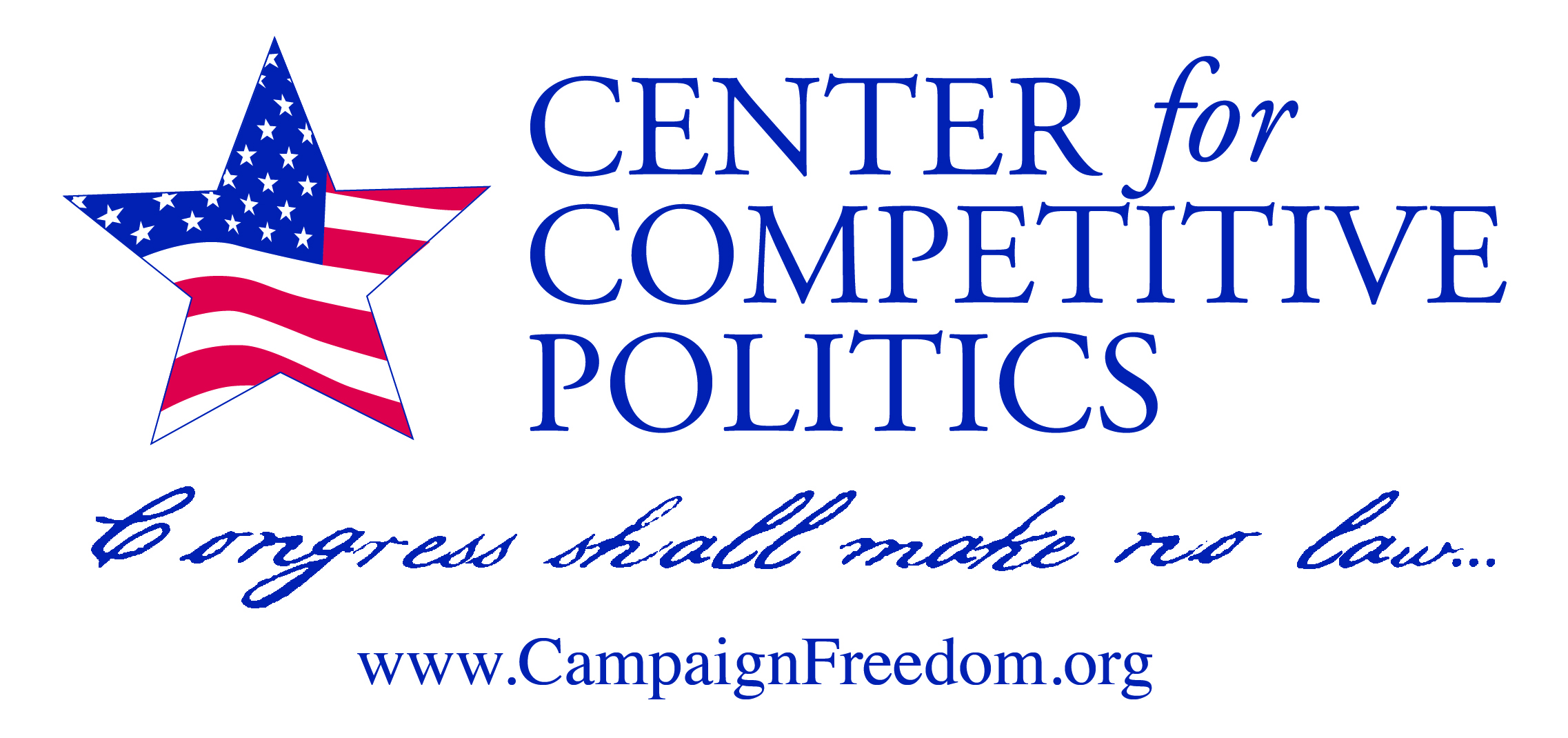In the aftermath of the Capitol riot on January 6, certain media outlets have turned their attention toward an often-misunderstood vehicle for political contributions – corporate PACs. The newsletter Popular Information reached out to 144 corporations whose company PACs contributed to the campaign efforts of one or more of the 8 Senators who voted to object to the certification of the election results in January.
A trio of Washington Post reporters wrote that the corporate PACs that are now halting donations as a result of the election objections are “reexamin[ing] their role in powering the nation’s fractious politics.” The New York Times columnist Andrew Ross Sorkin argued that these groups “shouldn’t be paying the refs” at all. Language like this hyperbolizes and misconstrues corporate PACs’ impact on campaigns and politics and inspires three important points that warrant clarification.
1) Only a fraction of the corporate PACs’ donations in the 2020 cycle went to objectors in the Senate.
Blue Cross Blue Shield’s BLUEPAC donated $5,000 to Sen. Tommy Tuberville from Alabama, $1,000 to Sen. Roger Marshall from Kansas, and $500 to Sen. Josh Hawley from Missouri, all of whom objected to election certification. In total, BLUEPAC spent nearly $1 million in the 2020 cycle, with roughly 1% going to objectors in the Senate. Marriott International’s PAC gave $1,000 to Hawley’s campaign, a minuscule fraction of its $418,000 in total expenditures. The remainder of its Senate contributions went to members that did not object to the election results.
These are not isolated cases. Commerce Bancshares’ PAC donated $4,500 of its $114,000 in expenditures to Marshall and $2,000 to Hawley. Mastercard’s PAC gave $4,000 to Hawley’s joint fundraising committee and spent the other $325,000 it collected elsewhere. This theme repeats with PACs representing Disney, McDonald’s, Walmart, and many more companies.
Consequently, donations to Senate objectors represented only a minor share of corporate PACs’ total giving. Moreover, they represented only a minor share of the total contributions to those lawmakers. In the last election cycle, these 8 Senators received an average of 16.5% of their contributions from PACs,[1] of which corporate PACs accounted for a further fraction of the amount. As the Center for Responsive Politics recently noted, “PAC donations don’t go as far as they did in previous years due to the unprecedented influx of individual donors in recent elections.” While it is true that some corporate PACs contributed to the campaigns of some election objectors in the Senate, it is absurd to assert that they are “powering the nation’s fractious politics.”
2) Corporate PACs are not party loyalists.
Another point worth emphasizing is that these corporate PACs are rarely, if ever, partisan donors. The same BLUEPAC that kicked some cash to three objectors in the Senate also donated to the Democratic National Committee, the New Democrat Coalition Action Fund, and the Delaware Democratic State Committee. Marriott’s PAC donated to Senate Majority Leader Chuck Schumer, House Speaker Nancy Pelosi, and California Rep. Eric Swalwell, among many other Democrats and Republicans. Mastercard’s PAC gave $5,000 to Speaker Pelosi, $2,500 to Rep. Jerry Nadler from New York, and $10,000 to the New Democrat Coalition Action Fund. Even AT&T’s PAC, which was the largest contributor to Republicans who sought to contest the election, also donated to a number of Democratic candidates, including $10,000 to Rep. Nadler, $2,500 to Speaker Pelosi, $2,000 to Rep. Swalwell, and $3,000 to Sen. Schumer.
Corporate PACs tend to focus their support on incumbents who support their interests, regardless of party affiliation, so it is no surprise that some corporate PAC contributions were directed to incumbent Republicans who objected to certifying the election results. Given the wide-ranging nature of corporate PAC giving, and the relatively minor amounts donated, it seems entirely disingenuous to hold one subset of political speakers responsible for the decisions of the 8 objectors in the Senate – and our political discourse more broadly.
3) Corporate PACs are funded voluntarily by a company’s employees.
While the phrase “corporate PAC” might sound like a way for companies to inject their profits into politics, businesses are legally barred from making donations to candidates and other political actors, including to their own corporate PACs. Instead, these groups pool voluntary donations from executives and employees in a particular sector or company, which are then contributed to campaigns, parties, and other committees. Quite simply, corporate PACs provide an avenue for likeminded or similarly situated individuals to organize collectively and exercise their First Amendment right to be political advocates.
Moreover, contributions to corporate PACs are capped at $5,000 per year per donor, preventing even the wealthiest executives from wielding outsized influence. And the PAC itself can give no more than $5,000 per election to a candidate’s campaign. The bottom line is that corporate PACs do not allow commercial revenue to be redirected into candidate pocketbooks; they are optional, employee-funded vehicles for political support that are subject to clear legal constraints. Just like every other PAC, they publicly report their donors and expenditures to the Federal Election Commission as well.
* * *
Despite the overheated rhetoric, corporate PACs are not a threat to democracy; they are democracy at work. Business leaders and employees have a stake in the political climate just as every other American does. Exaggerating corporate PACs’ role in the post-election chaos will serve only to discourage First Amendment-protected civic engagement and silence valuable perspectives.
[1] Spreadsheet data available upon request.














